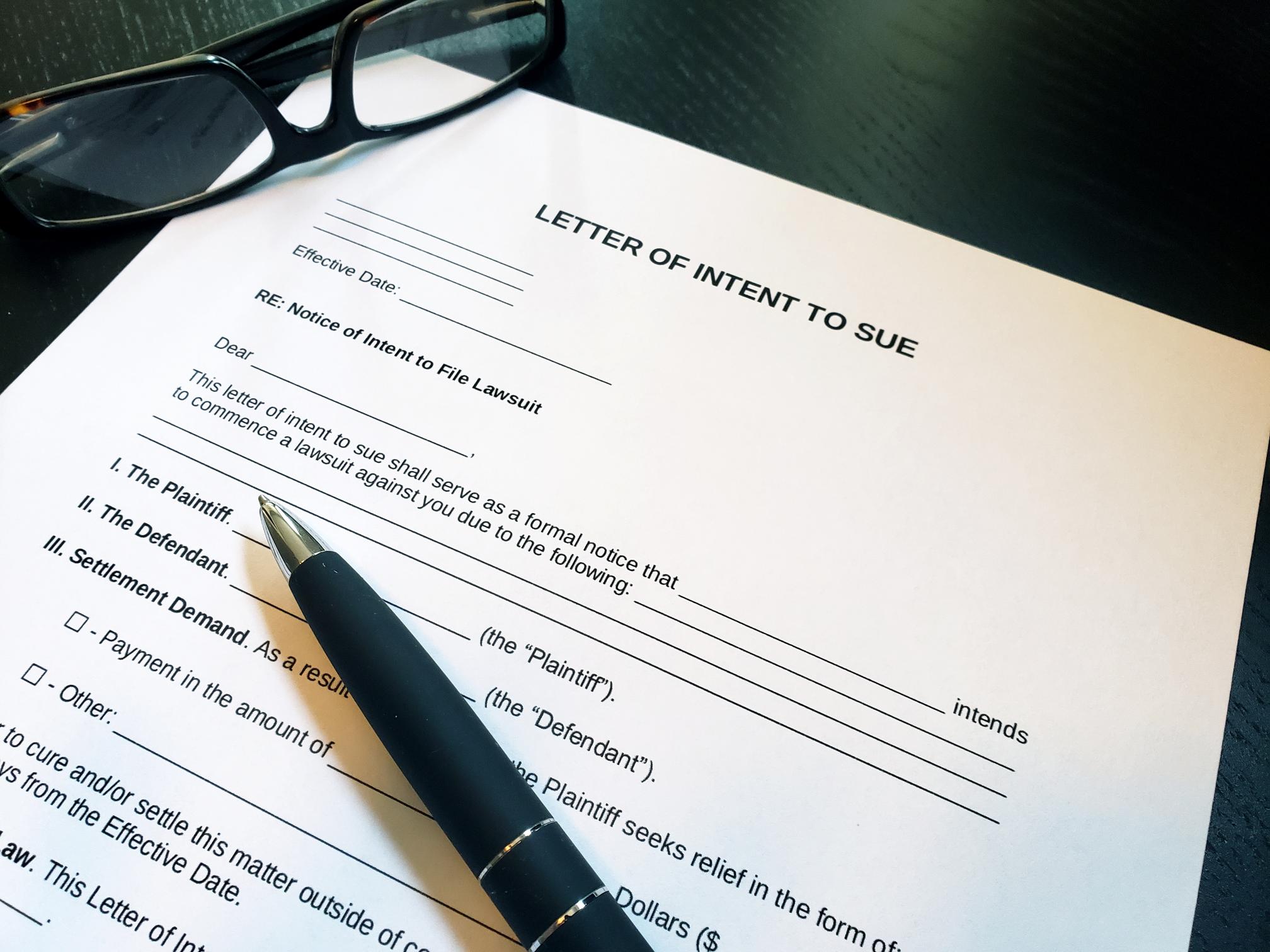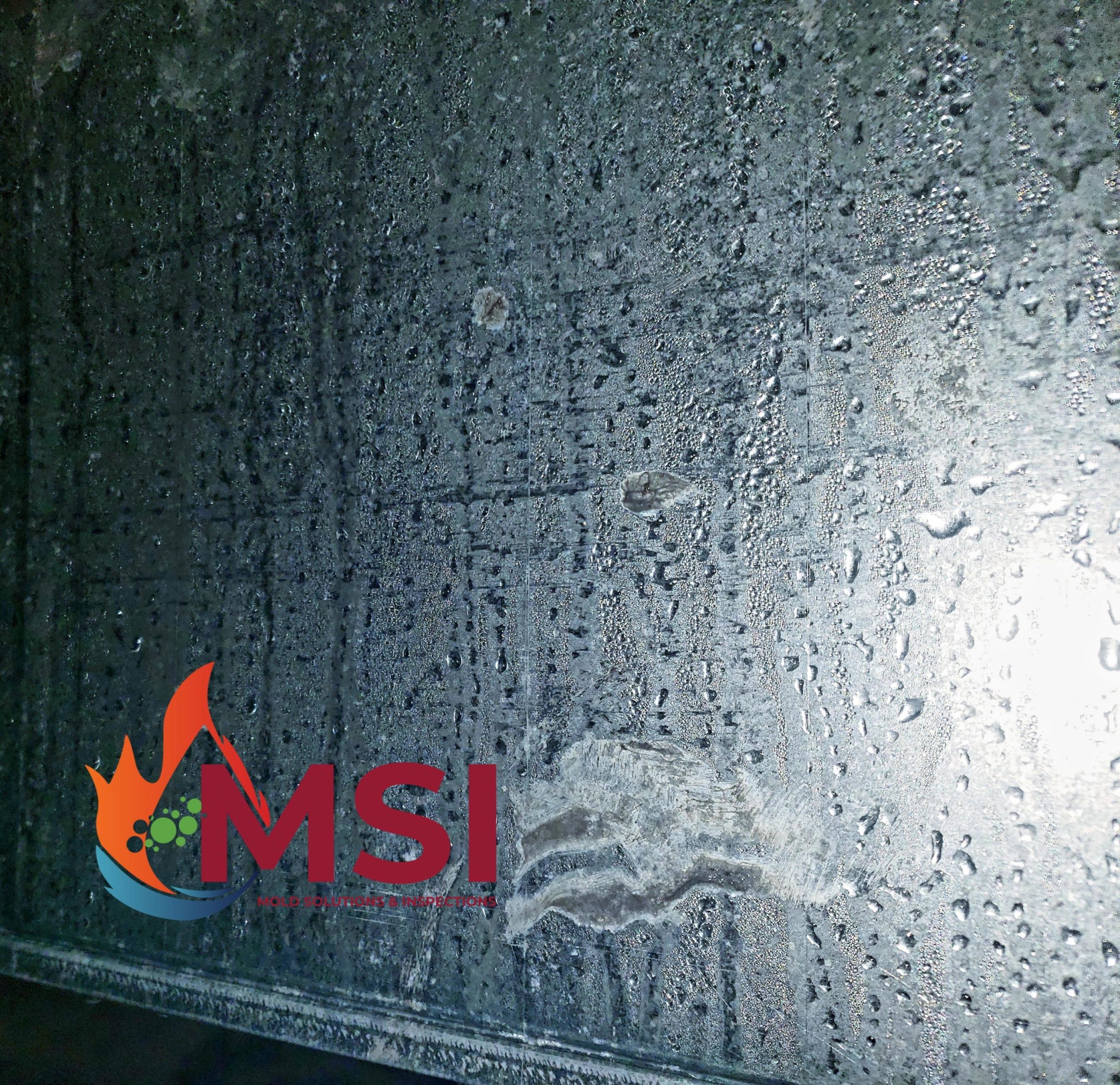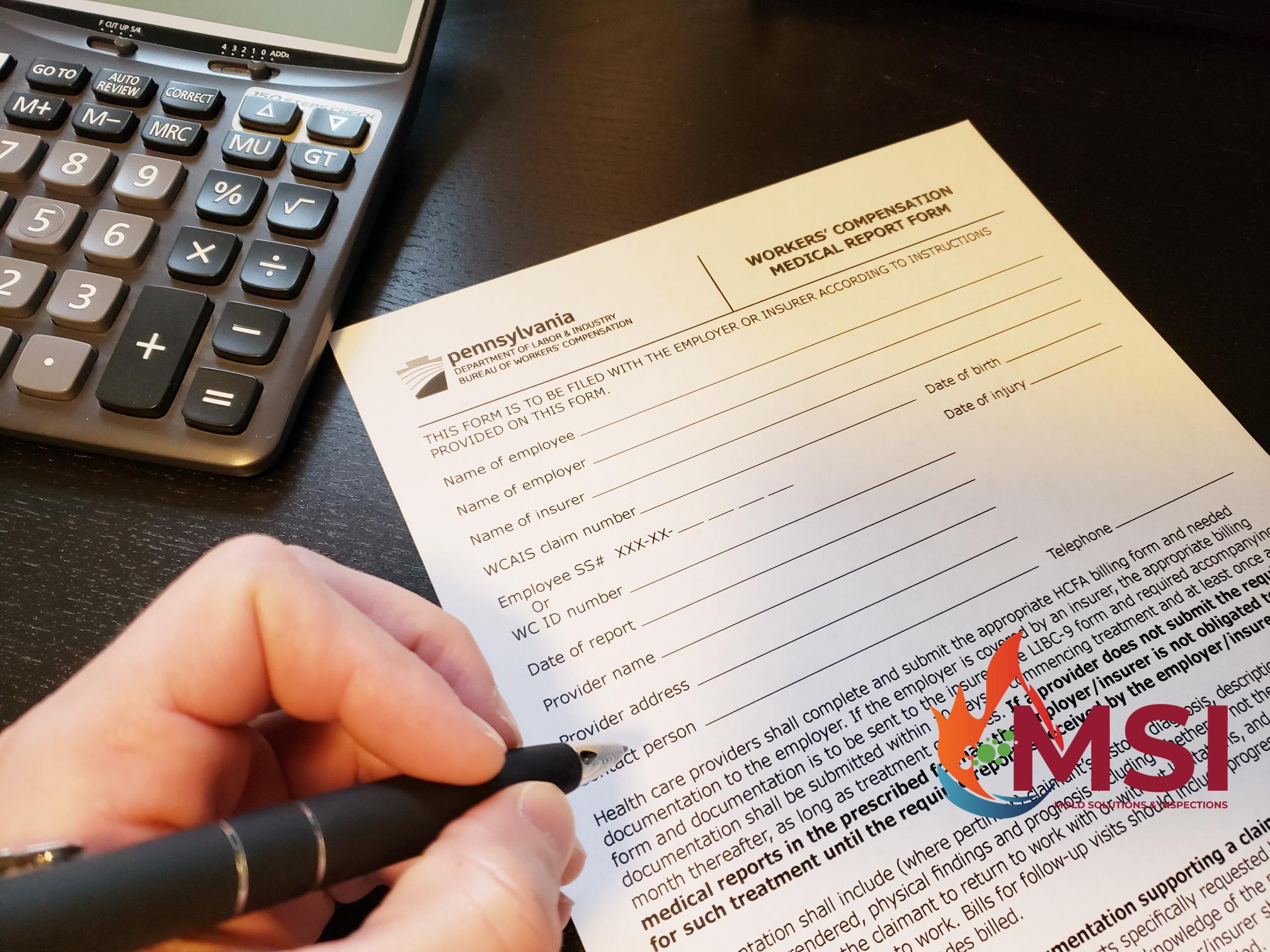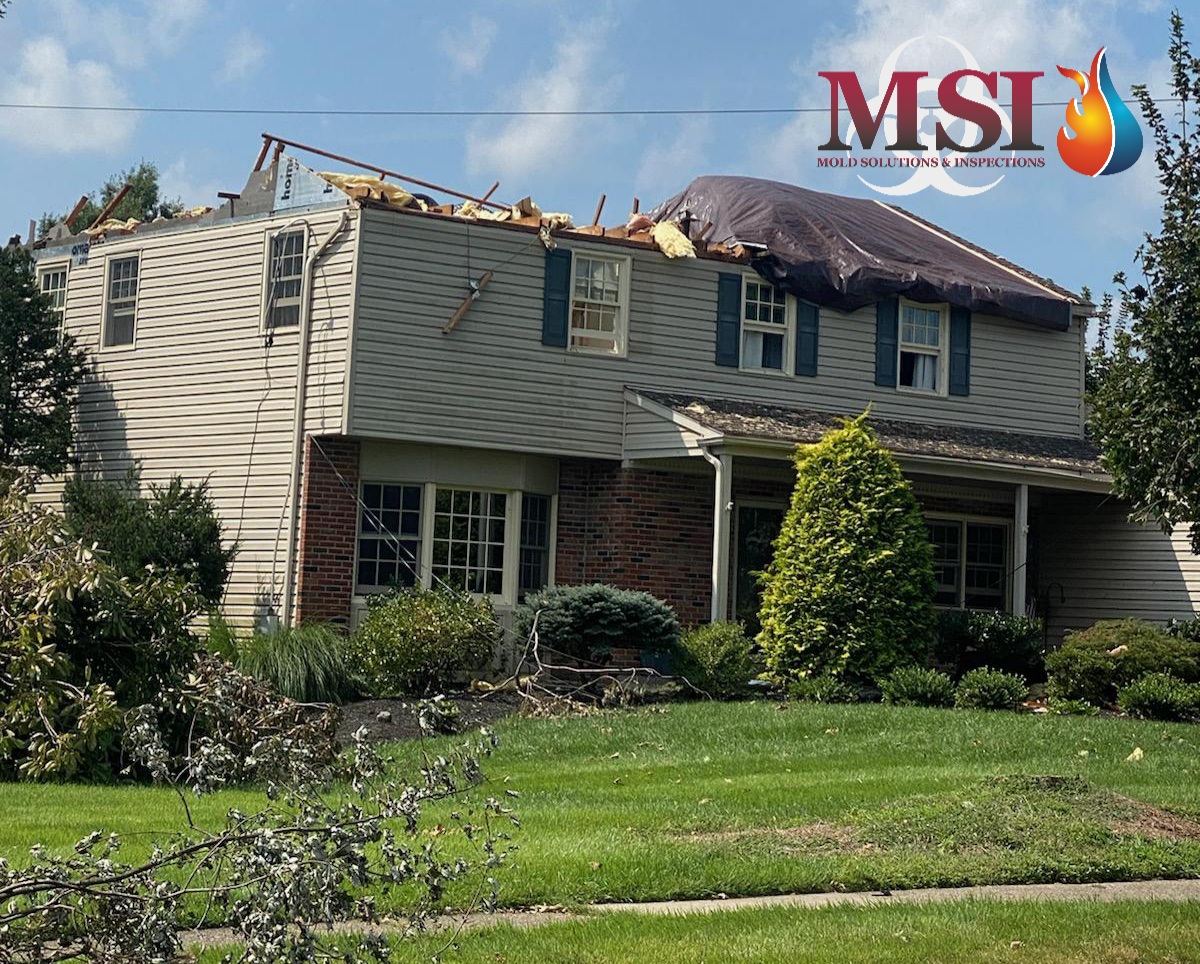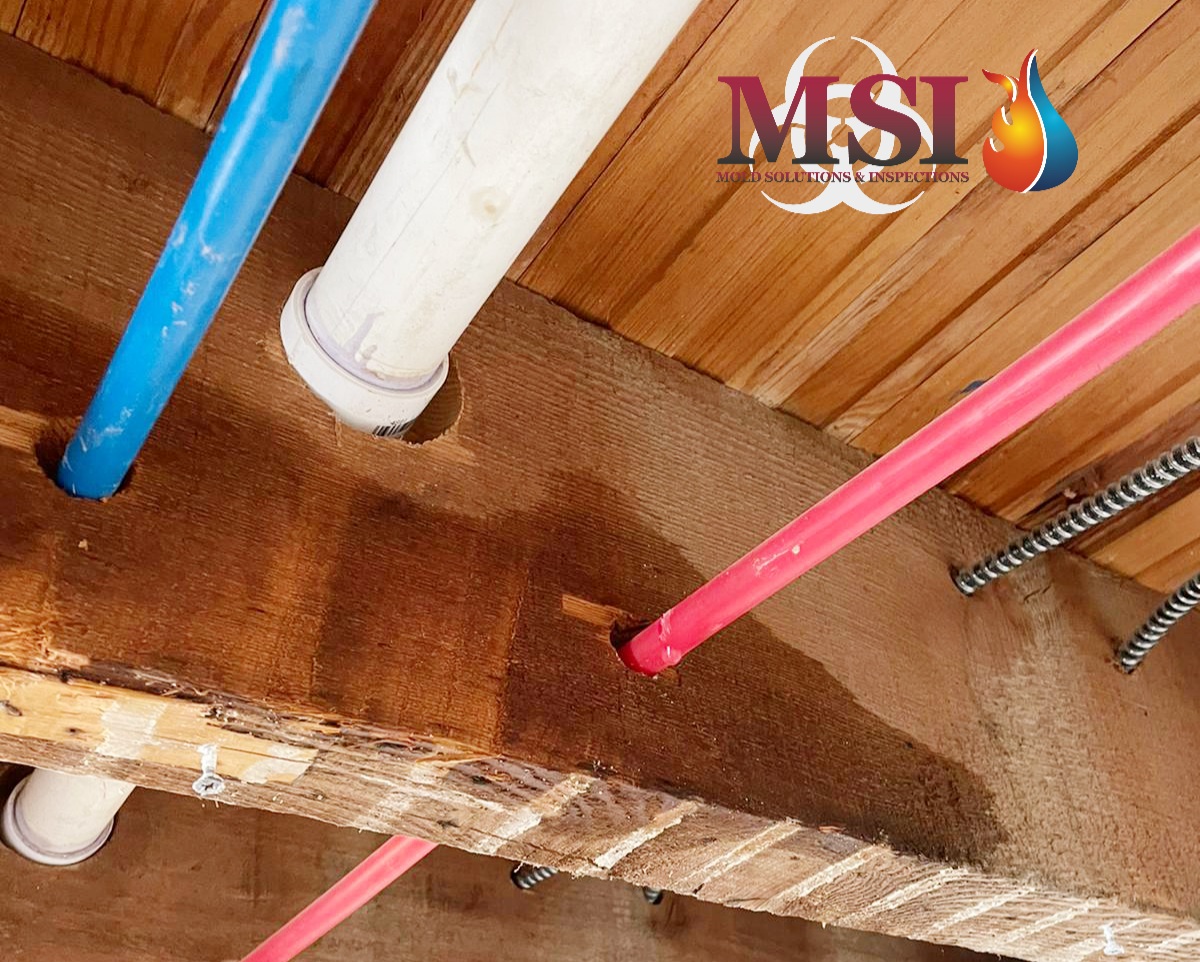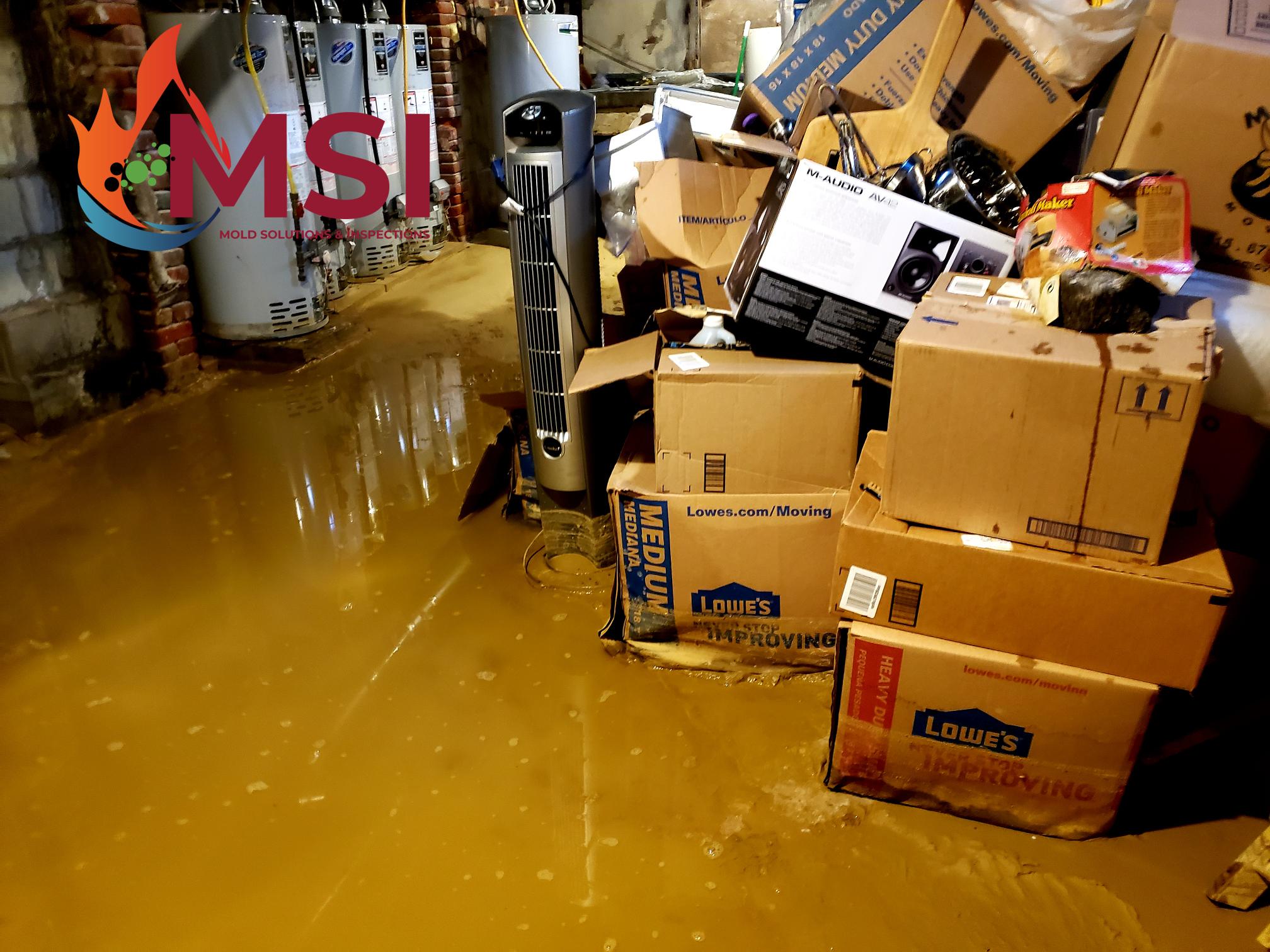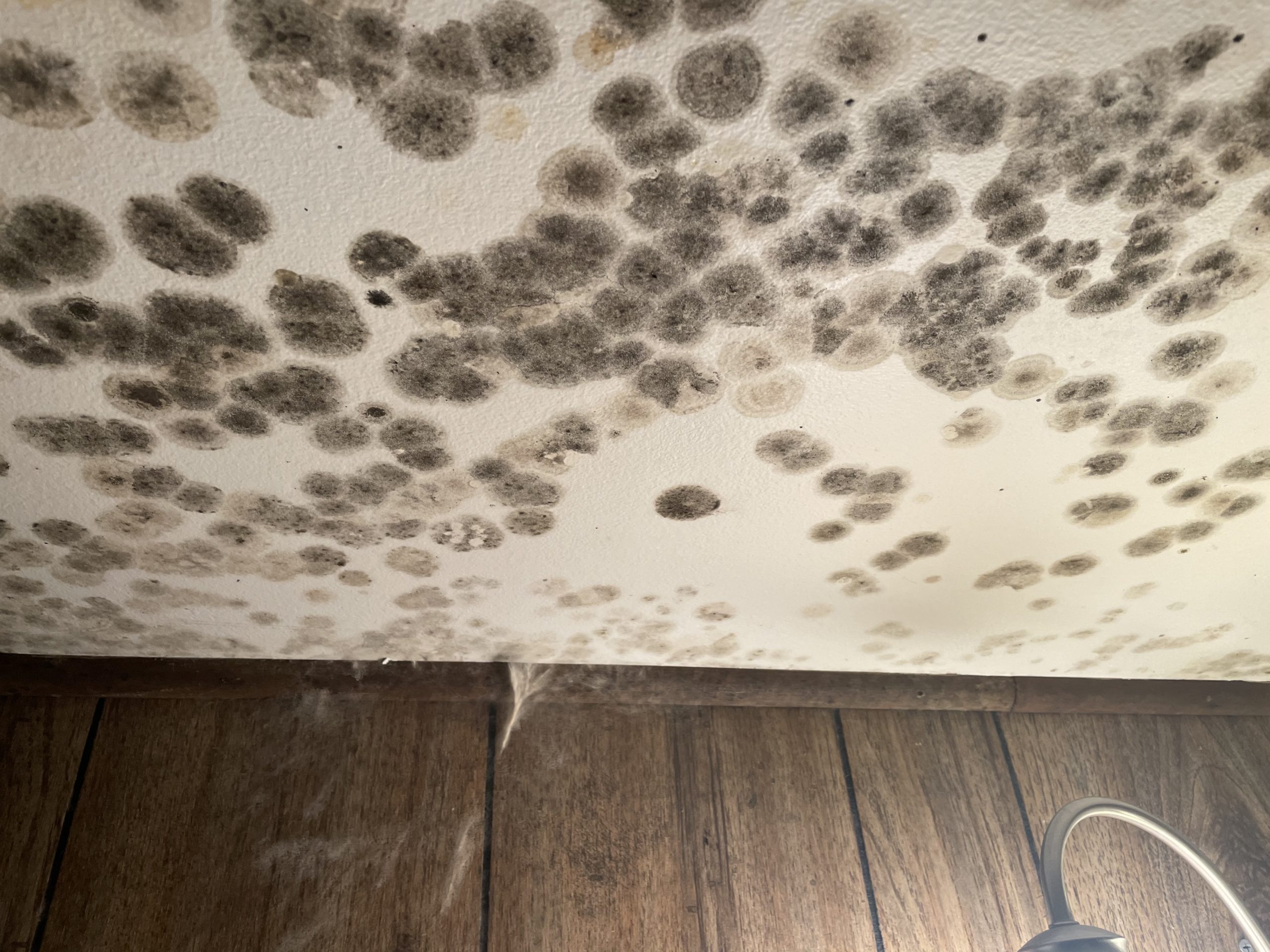Hoarding is the persistent difficulty discarding or parting with possessions, regardless of their actual value. The behavior usually has deleterious effects—emotional, physical, social, financial, and even legal—for a hoarder and family members. For those who hoard, the quantity of their collected items sets them apart from other people. Commonly hoarded items may be newspapers, magazines, paper and plastic bags, cardboard boxes, photographs, household supplies, food, and clothing.
Hoarding can be related to compulsive buying (such as never passing up a bargain), the compulsive acquisition of free items (such as collecting flyers), or the compulsive search for perfect or unique items (which may not appear to others as unique, such as an old container).
Many companies such as maid services, junk removal firms and even basic contractors offer hoarding cleanup services. For them, hoarding cleanup is nothing more than removing what they believe to be is trash into a dumpster and charging the customer a small fortune. Aside from the fact that not everything you see is trash, as there can be valuables and other family heirlooms within the piles. But what you may not be able to see is the damage lurking behind the items. Quite a few hoarding cleanup jobs that we undertake result in the discovery of little to major water damage and mold. And when these two types of damage are seen, then you know hiring a regular contractor or a cleaning service is the wrong choice. If you have a family member or friend suffering from a hoarding condition, take into consideration the strong possibility that large amounts of stored items and trash may not be the only issue, and you could have to deal with water damage and mold. And by hiring a company not capable of going beyond just the hoarding cleanup, could result in cross contamination and further damage.


